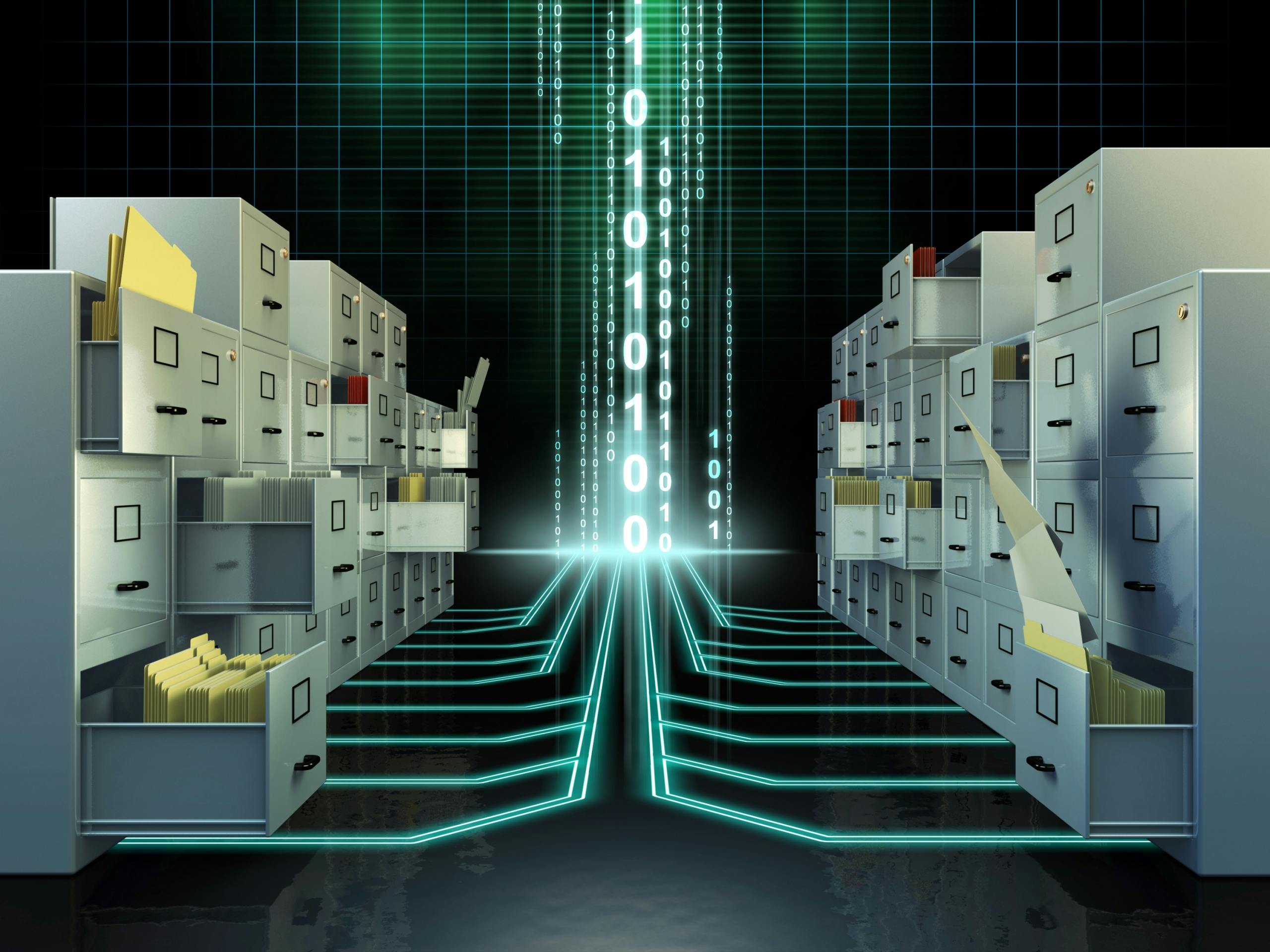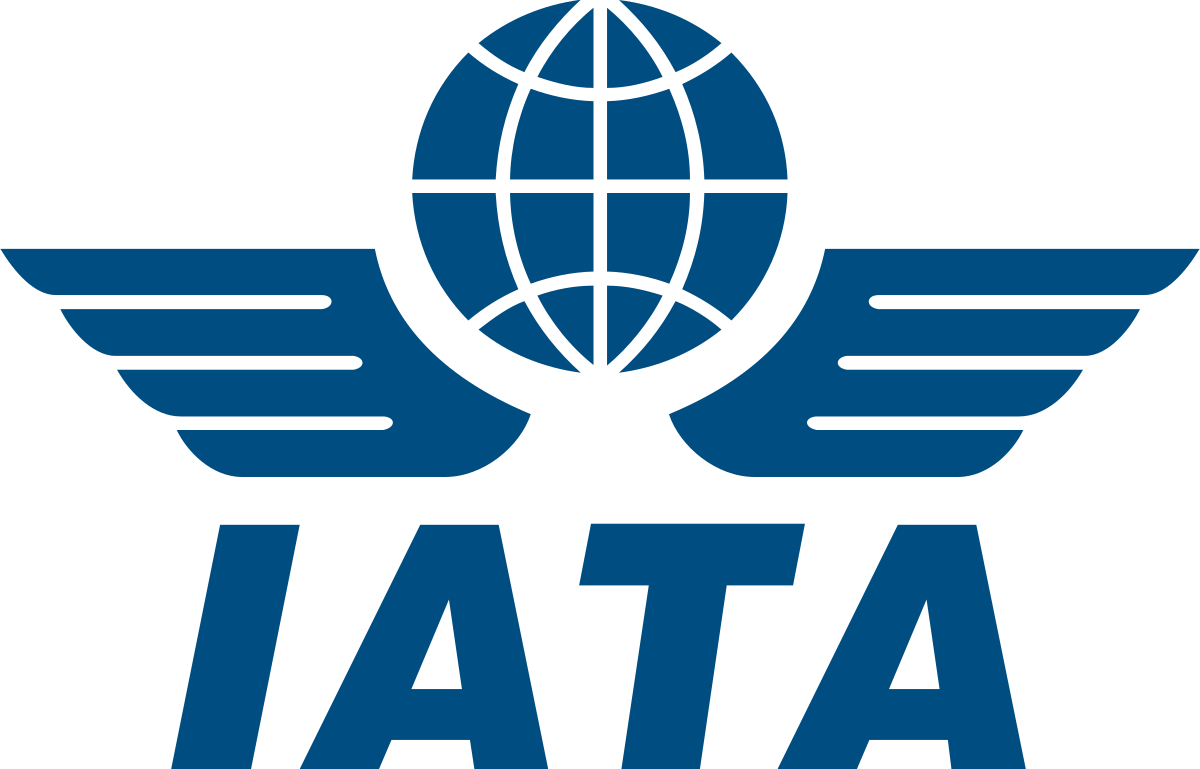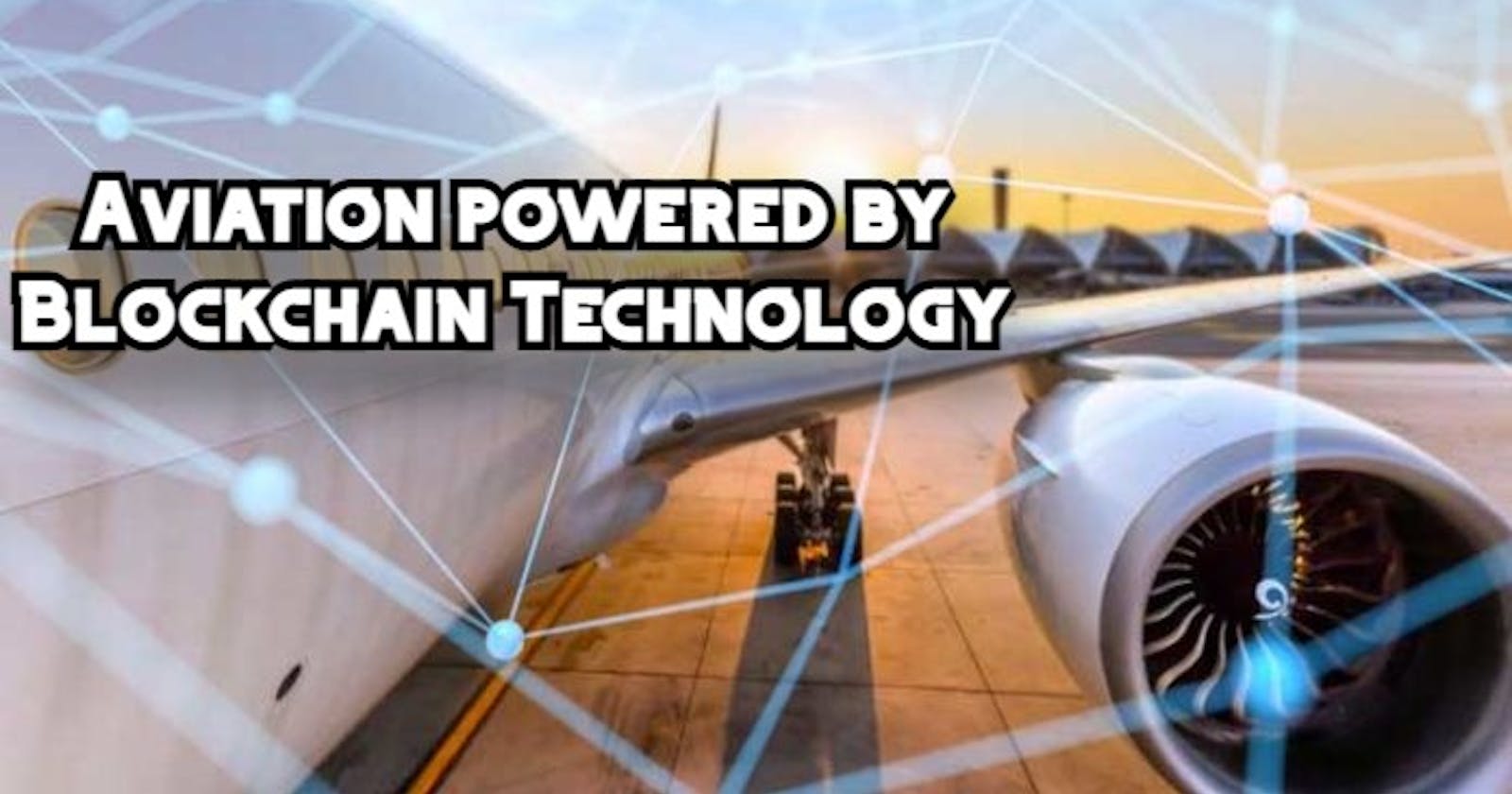Overview
In this article we will discuss the use cases of the blockchain in the aviation industry and how it can help and automate the process in deferent area in the aviation.

use cases to implement the Blockchain
There are 7 use cases we can improve and automate using the blockchain to make it more efficient and effective.
Supply Chain
using blockchain to connect the many loose ends in the supply chain could prove revolutionary. The technology offers a way to track and provide consistent aircraft configuration data across the supply chain. Today that’s not the case, as most aircraft manufacturers, maintenance providers and airlines keep track of configuration data in their own systems and rarely, if ever, integrate that information with other companies’ data.
Tickets
 By using the NON-Fungible Token (NFT) stander the smart contracts will create a paperless ticket that includes built-in stipulations for additional criteria such as lounge access, first-class or business class privileges and other services. Since the tickets will be stored on the ledger, it eliminates the risk of chaos caused by events such as system crashes. Moreover, it can combine elements such as biometric identification to eliminate the need for customers to carry digital or paper tickets and identity documents.
By using the NON-Fungible Token (NFT) stander the smart contracts will create a paperless ticket that includes built-in stipulations for additional criteria such as lounge access, first-class or business class privileges and other services. Since the tickets will be stored on the ledger, it eliminates the risk of chaos caused by events such as system crashes. Moreover, it can combine elements such as biometric identification to eliminate the need for customers to carry digital or paper tickets and identity documents.
Loyalty Program
Blockchain can make it simple to merge the loyalty programs of individual airlines within an alliance, thereby providing customers with many more options for redeeming their accrued miles. Additionally, aspects such as revenue sharing, loyalty point redemption and accrual of points can be managed seamlessly with blockchain.
Audit Trail
Implementing the blockchain technology will create immutable record and that will to track all the transection from the beginning to the end. One of the benefits with blockchain is that any data posted is secured by the blockchain, which means auditors can trust the integrity of the data when analyzing the ledgers. Once information of a transaction has been entered into the ledger it can never be erased which could provide a detailed audit trail of all associated transaction. This detailed audit trail will always be traceable.
Flight Records Systems Security
 Blockchain can help to collect and store all the data related to a specific flight, whether it is the manifests, flight path, baggage onboarding or other factors. The data can be used for tasks of varying importance, whether it’s to track down the location of lost baggage or details such as the names of passengers on board the flight and their seat numbers. Since the information is stored securely on a centralized ledger in a remote location, there will be no danger of it going missing.
Blockchain can help to collect and store all the data related to a specific flight, whether it is the manifests, flight path, baggage onboarding or other factors. The data can be used for tasks of varying importance, whether it’s to track down the location of lost baggage or details such as the names of passengers on board the flight and their seat numbers. Since the information is stored securely on a centralized ledger in a remote location, there will be no danger of it going missing.
Maintenance Transparency
The technology can be used to track the fitness of individual parts of the aircraft by monitoring data such as date of manufacture, depreciation and other maintenance-related features to gauge when a part needs replacement, thereby reducing delays.
Identity Management
 Blockchain can use biometrics to validate identities. since the identity is stored on the blockchain where it cannot be altered in any way due to the decentralized and secure network.
Blockchain can use biometrics to validate identities. since the identity is stored on the blockchain where it cannot be altered in any way due to the decentralized and secure network.
IATA Blockchain Technology Initiatives

IATA Coin
The IATA Coin is a concept of an industry owned supranational digital currency. This project is focusing on leveraging the Blockchain technology in IATA Settlement Systems, in particular the IATA Clearing House. It is the continuation of research and development around cryptocurrencies that commenced in 2014. In 2018, the pilot has expanded by onboarding more airlines, more currencies (USD, EUR, and GBP) and the use of Smart Contracts.
IATA Digital Certification Authority
IATA is already the certification authority for many things (e.g. IOSA28). Now IATA is entering into the digital era. The Digital Certification Authority (DCA) concept is a platform to facilitate digital ID management in the commercial aviation distribution space (e.g. agents, airlines, aggregators, passengers) leveraging emerging technology such as Blockchain, Artificial Intelligence and Biometrics. The DCA is envisaged to work and be compatible in the current and future environment (e.g. NDC29,One Order30 compatible)
Digital Finance
The Digital Finance initiative is an exploration of how to best use existing new technologies such as Smart Contract supported by the Blockchain technology to reduce the airline direct operational back office cost and increase back office efficiency. This initiative has been supported by the IATA Financial Development Working Group. This is mainly envisaged to happen through the use of Smart Contracts disrupting the procure-to-pay process between airlines and suppliers such as the airport, ground handler and other airport service providers. The benefits are expected to come from simplification of the contract, contract enforcement, preventing disputes by having a single source of the truth, monitoring of service delivery during the fulfillment stage and introducing real time service acceptance, in addition to streamlining the process of accounting, reconciliation, invoicing and settlement.
Conclusion
It is clear that blockchain holds great opportunities for securing and managing data, and it could improve the aviation safety by making information transparent to the authorities and the travelers.
Reference
